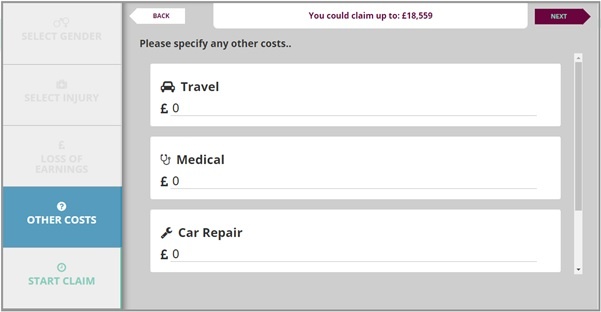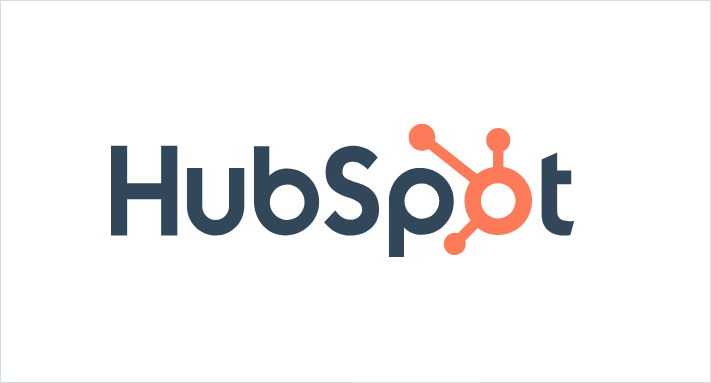What is the Difference Between Inbound and Outbound Marketing?
Why should you care?
Sales and Marketing are changing. Since our prospects and customers have ready access to the internet, they can go looking for information when they want to. If they have a problem they want to solve, their first step is likely to be a search on Google (other search providers are also available).
Their search is usually in the form of a question, and as savvy marketers who have taken the time to build in-depth personas of our potential customers, we should be able to anticipate dozens (maybe hundreds) of those questions.If we then write useful, educational content in blogs and on web pages, and optimise them for the search engines, then we stand a good chance of getting them read by our target audience.
Each piece of content created, for example: a blog, ebook or whitepaper etc... should gently lead our prospective customer further along their buying journey, and point out other useful ways in which we can help them understand their issue.
And if we can get them to cross the anonymity threshold in exchange for that download, we now have a fledgeling relationship to build on.
We have turned our stranger into a visitor by attracting them through search, and our visitor into a lead through the great content that we have offered.
We can now bring in lead nurturing by automating our marketing messages to keep feeding that prospect with relevant useful content until they are ready to buy. We can build in rules that change what content and messages our prospect receives based on their behaviour. That, in a rather large nutshell, is an Inbound Marketing approach.
So How Does Outbound Marketing Work?
Outbound marketing shouts to get your attention. Outbound marketing interrupts you or distracts you whilst you are trying to do something else. And if you use Outbound to grab people’s attention you are never the main event.
With outbound, you turn the volume up high and the targeting down low. It’s the ‘who cares if my advertising is irrelevant to 95% of the audience who will see it?’ approach. And because of that, it is very difficult to measure.
With Inbound it’s different.
Why do Customers Prefer Inbound to Outbound Marketing?
If, as a marketer, you can anticipate my needs because you have thought deeply about what kind of issues I might have, then I am likely to be impressed.
 If I am buying something complex tell me what your recommended steps are or give me a buying tick list. And if you can do all of that without ‘banging your own drum’ (even including competitors as possible solutions) then you stand a good chance of delighting me as a potential customer.
If I am buying something complex tell me what your recommended steps are or give me a buying tick list. And if you can do all of that without ‘banging your own drum’ (even including competitors as possible solutions) then you stand a good chance of delighting me as a potential customer.As Marketers, we tend to favour Inbound too. It’s measurable - as this is all digital.
Write thousands of blogs - that should do it!
As with many things in life, the approach that you take to Inbound Marketing is so important.
If you are just blogging to dominate keywords in your industry, to be top of the search engines, then your readership is likely to see through this.
But if your approach is to be genuinely useful to your readership, if you want to properly help people, because you love what you do, then that will come across too. Blog posts written with knowledge and passion for the subject are likely to be engaging.
If your aim is to share your hard earned knowledge and to benefit your readers' lives, you will be starting out “on the good foot”. And if you know what you are talking about, your consistent content creation is likely to make you a voice of authority over time.



